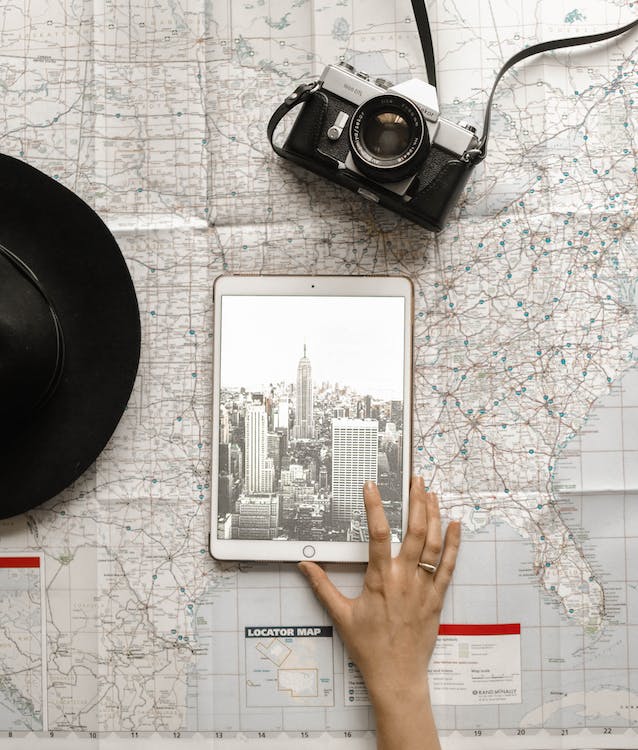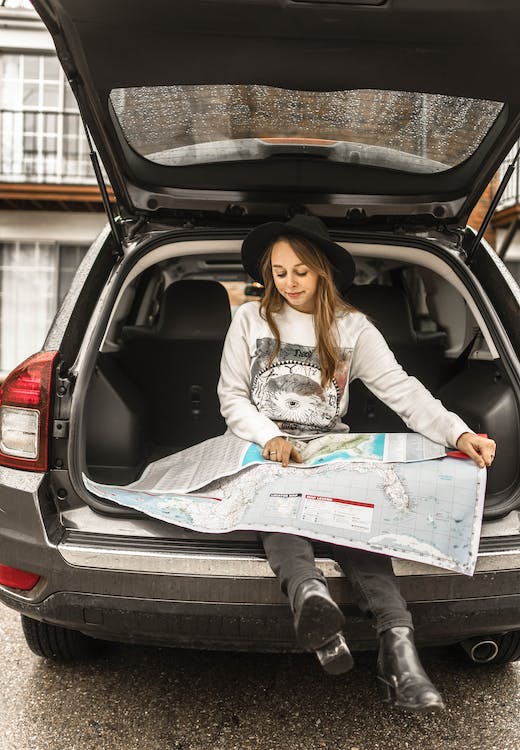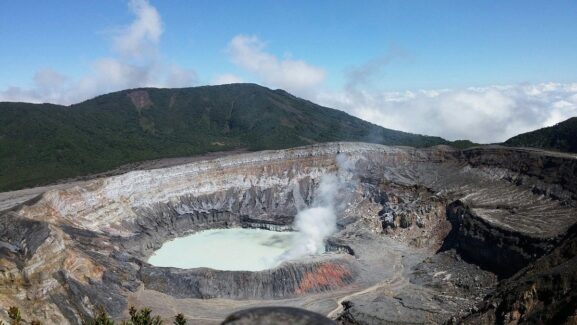What Do You Need to Plan Before Traveling
Before you travel, there are several things you need to plan to ensure a smooth and enjoyable trip.

There are a multitude of considerations that require careful thought and planning before embarking on a trip. It’s common to feel overwhelmed and attempt to pre-plan every detail in advance. However, the reassuring news is that not every aspect of your journey needs to be meticulously planned. While some components, undoubtedly, require advanced preparation, there are also plenty of details that can be addressed upon arrival at your destination.
Let’s examine the essential elements that necessitate pre-travel planning and contrast them with the factors that can be arranged as you progress through your itinerary.

Here are some examples:
- Destination: Determine where you want to go and research the location to understand the culture, climate, language, and customs.
- Accommodation: Book your accommodation in advance, especially if you’re traveling during peak season, to avoid any last-minute hassles.
- Transportation: Decide on the mode of transportation you will use to get to your destination and around it, such as flights, trains, buses, or car rentals.
- Itinerary: Plan your activities and create a rough itinerary, keeping in mind the duration of your trip and your budget.
- Budget: Determine your budget and plan accordingly to avoid overspending.
- Documents: Ensure you have all the necessary documents, such as passports, visas, travel insurance, and health certificates.
- Packing: Pack appropriately for the climate and activities you have planned, keeping in mind baggage restrictions.
- Understanding how to travel from the airport to your hotel is an important aspect to consider when planning your trip, and it can be particularly helpful to have a plan in place for your first and last days. Upon arrival, you may feel exhausted, jet-lagged, and not have access to WiFi or a local SIM card. It’s not ideal to wait until that point to figure out how you’ll reach your accommodation. It’s advantageous to have a detailed transportation plan in place that doesn’t require an internet connection. Fortunately, there are plenty of resources available to assist with this. You can search online for options such as “How to get from (Airport) to (City)” and consider copying or printing the information for easy access.
- Arrival and departure day time lines and logistics – While you don’t need to plan every moment of your trip, it’s beneficial to have a basic plan for the first and last days of your journey. These are the days when you’ll be catching flights, and it’s essential to stay organized. For example, on the first day, you’ll need to have a clear idea of how to reach your hotel from the airport. Similarly, it’s helpful to have your final day planned out, including your accommodation and transportation arrangements for your departure. This will allow you to plan ahead and ensure that you leave on time.
- Another important thing you should research before you go on your trip is the common scams in the area. You should know these before you arrive, because otherwise it might be too late.
- It is crucial to research the prevalent scams in the destination you plan to visit before embarking on your trip. Familiarizing yourself with these scams in advance is essential, as being unaware of them could prove to be too late once you have arrived.
- read about any political or heightened criminal activity at your destination
While it’s essential to plan these aspects of your trip in advance, there are still several things you can figure out when you get there. For instance:
- Local attractions: Once you arrive at your destination, you can research and explore the local attractions that you may not have known about before.
- Food and drinks: Try local cuisine and beverages that you may not have had the chance to try back home.
- Local culture: Experience the local culture by attending festivals, visiting museums and art galleries, and interacting with locals.
- Shopping: Explore local markets and shopping areas to purchase unique souvenirs.
- Adventure activities: Participate in adventure activities that you may not have been aware of before arriving, such as hiking, surfing, or bungee jumping.
Overall, while it’s essential to plan some aspects of your trip in advance, being flexible and open to new experiences can make your trip more enjoyable and memorable.



